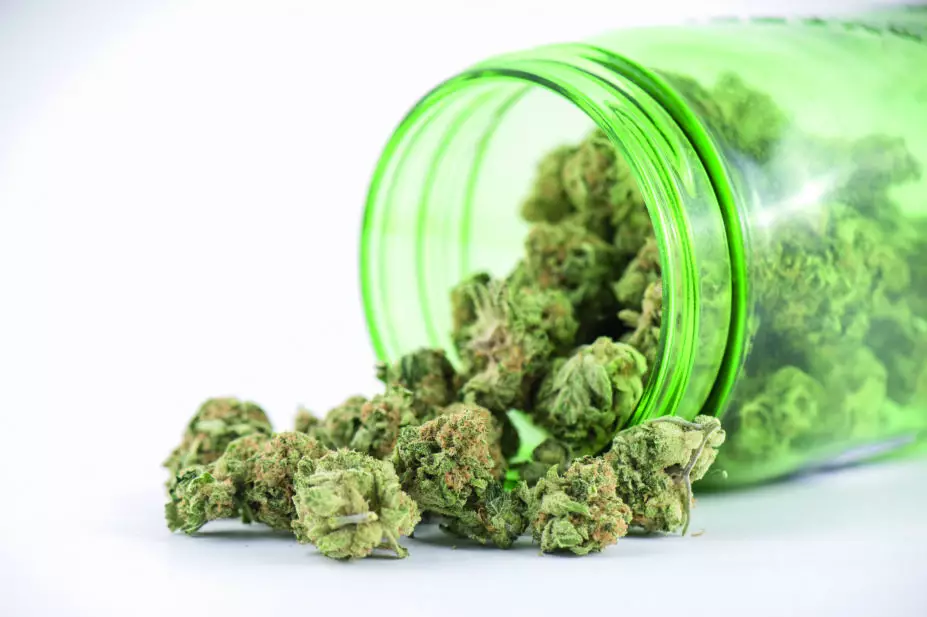
Shutterstock.com
Dravet syndrome is a rare, severe form of childhood epilepsy and current medicines are unable to provide complete seizure control. However, there has recently been interest in the potential of cannabidiol, a non-psychoactive component of cannabis, for seizure prevention.
In a trial reported in The New England Journal of Medicine
[1]
(online, 25 May 2017), researchers randomly assigned 120 children aged 2 to 18 years to a daily oral dose of cannabidiol or placebo for 14 weeks.
Compared with a four-week baseline period, the median frequency of convulsive seizures decreased by 38.9%, from 12.4 to 5.9 times per month, in the cannabidiol group, although there was no significant reduction in nonconvulsive seizures. In the placebo group, seizure frequency decreased by 13.3%, from 14.9 to 14.1 times per month.
The researchers say the results support the efficacy of cannabidiol in reducing seizure frequency in Dravet syndrome, but further research is needed to establish its safety and links to adverse events.
References
[1] Devinsky O, Cross H, Laux L et al. Trial of cannabidiol for drug-resistant seizures in the Dravet syndrome. N Engl J Med 2017;376:2011–2020. doi: 10.1056/NEJMoa1611618


